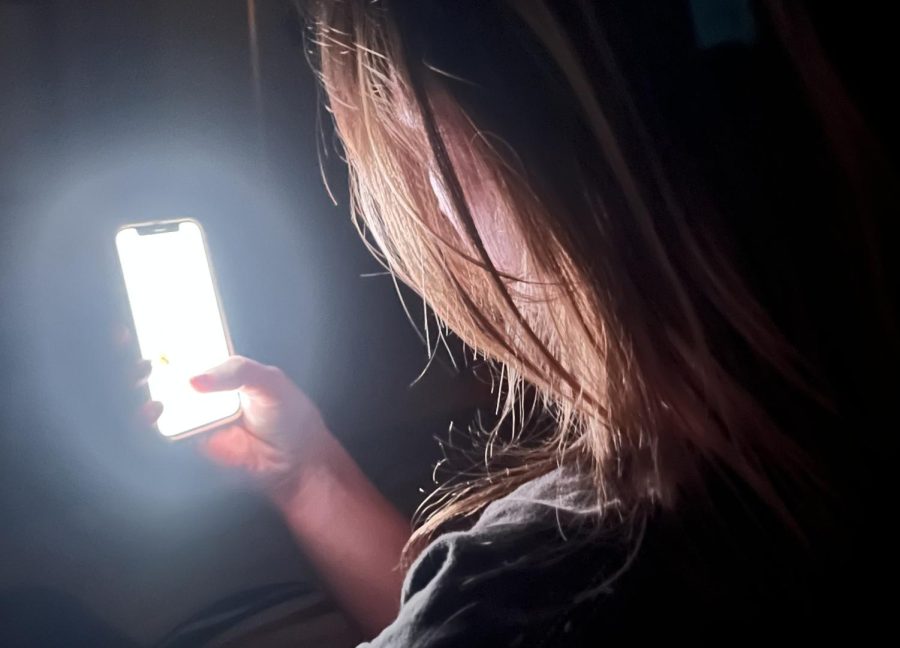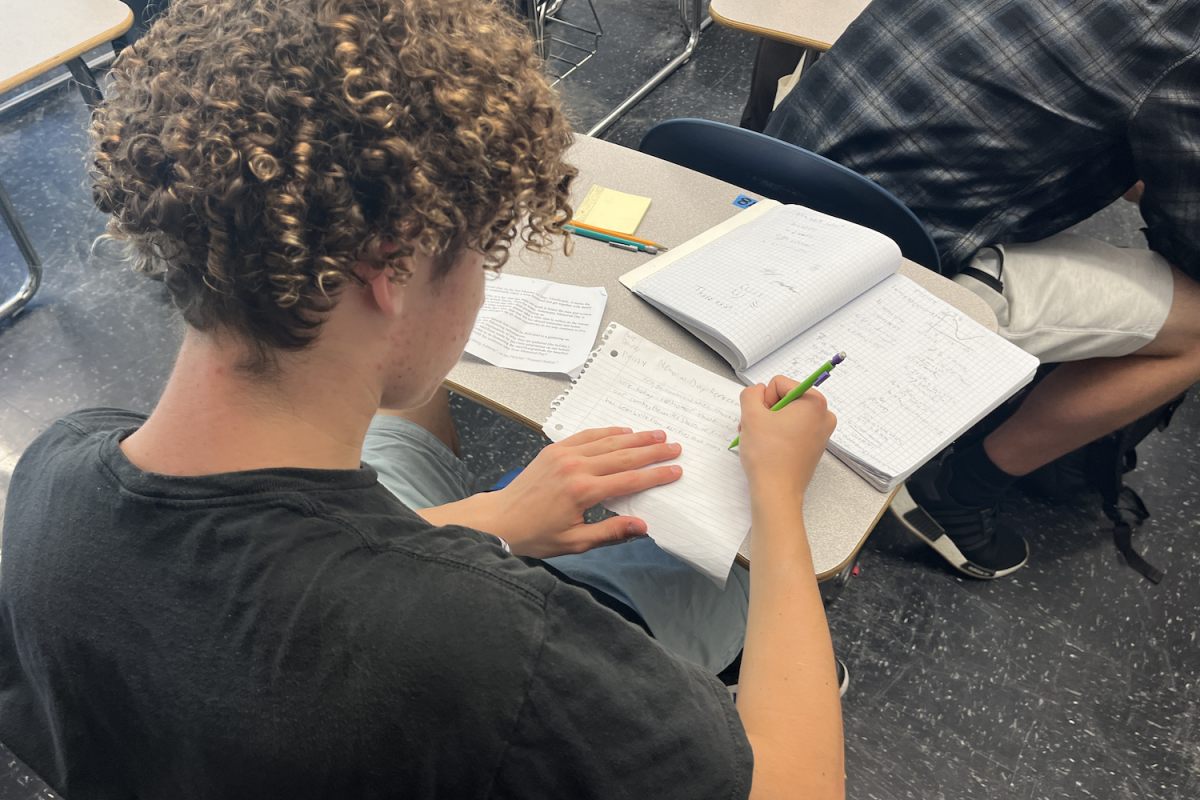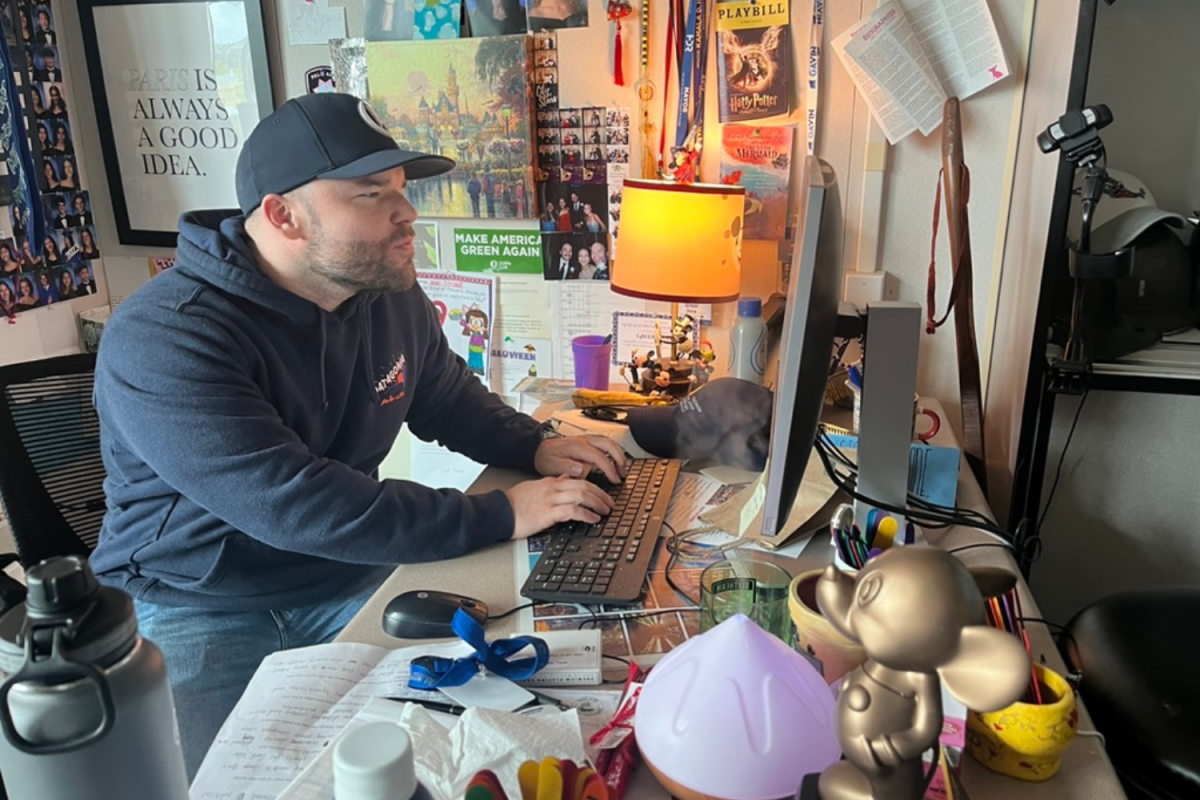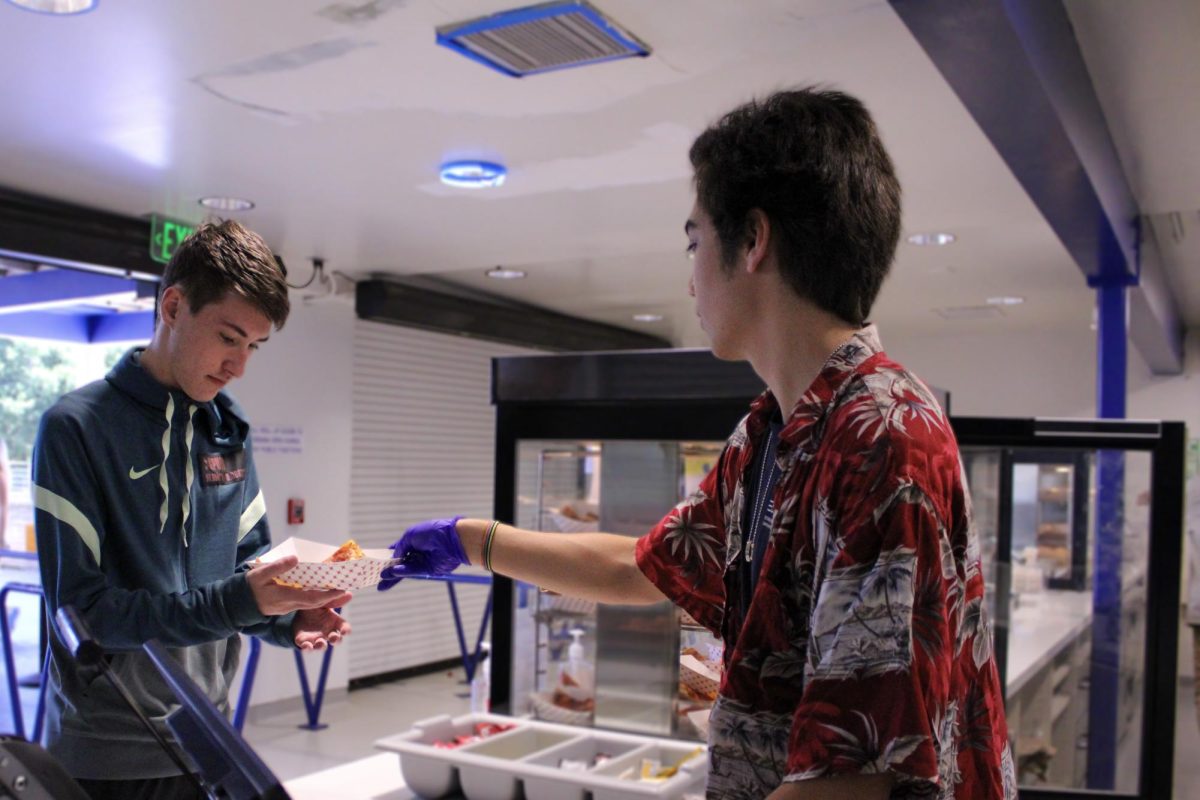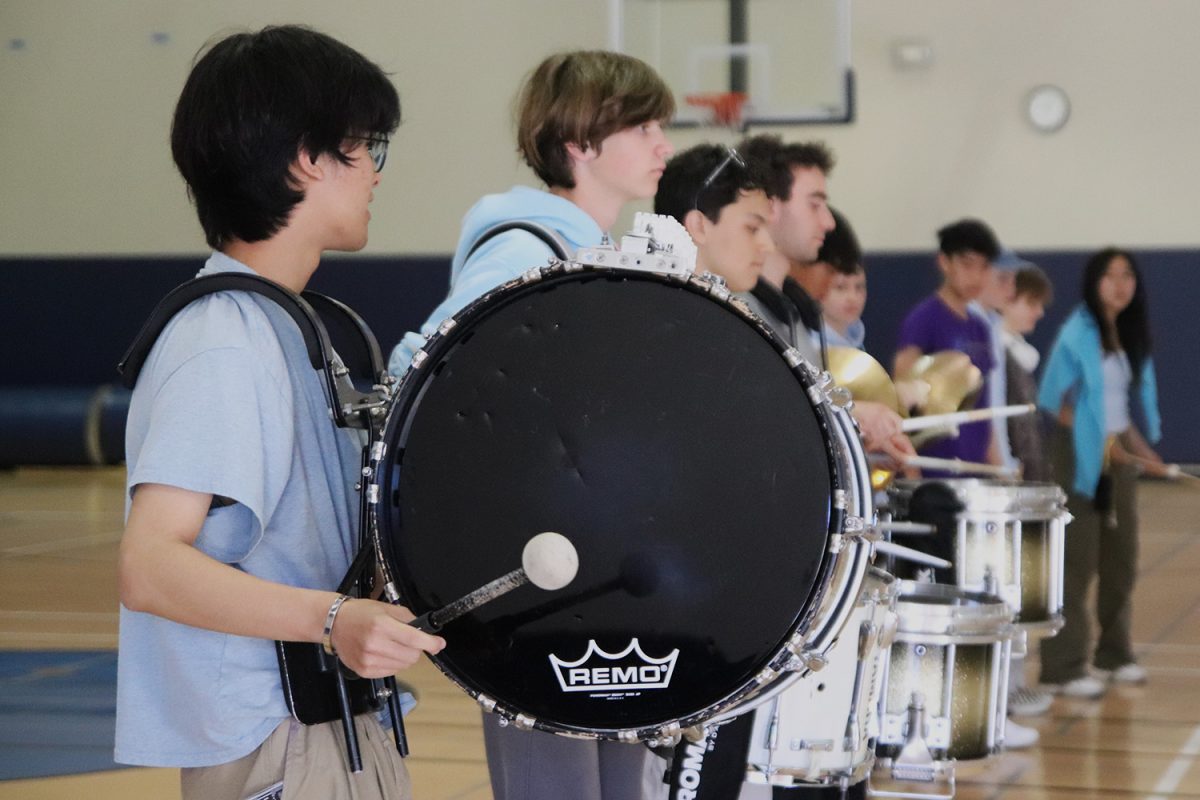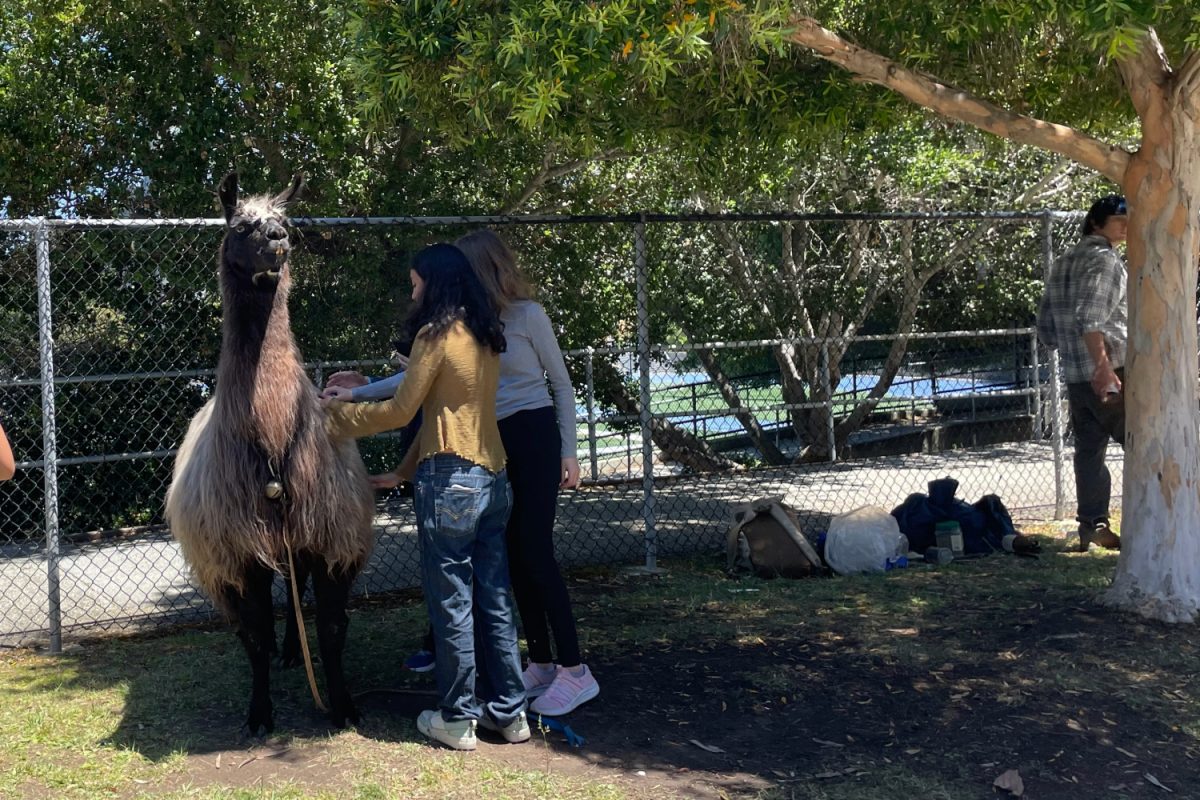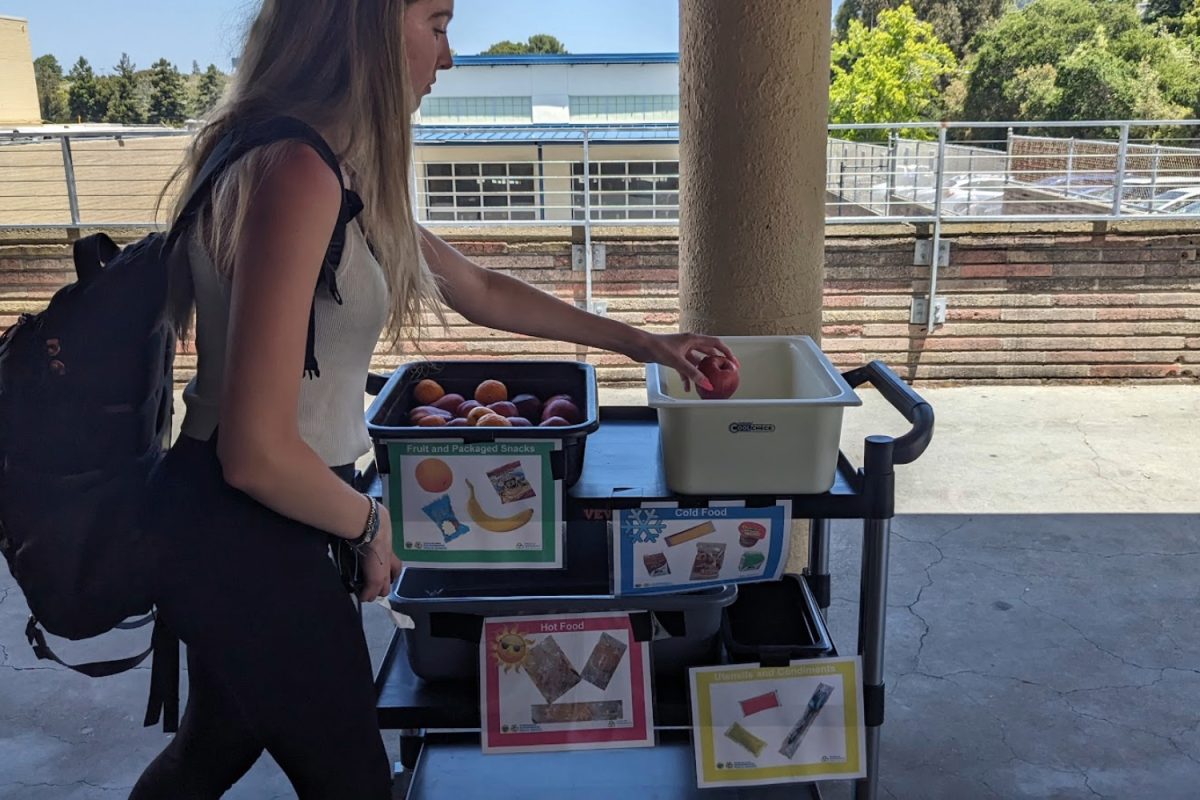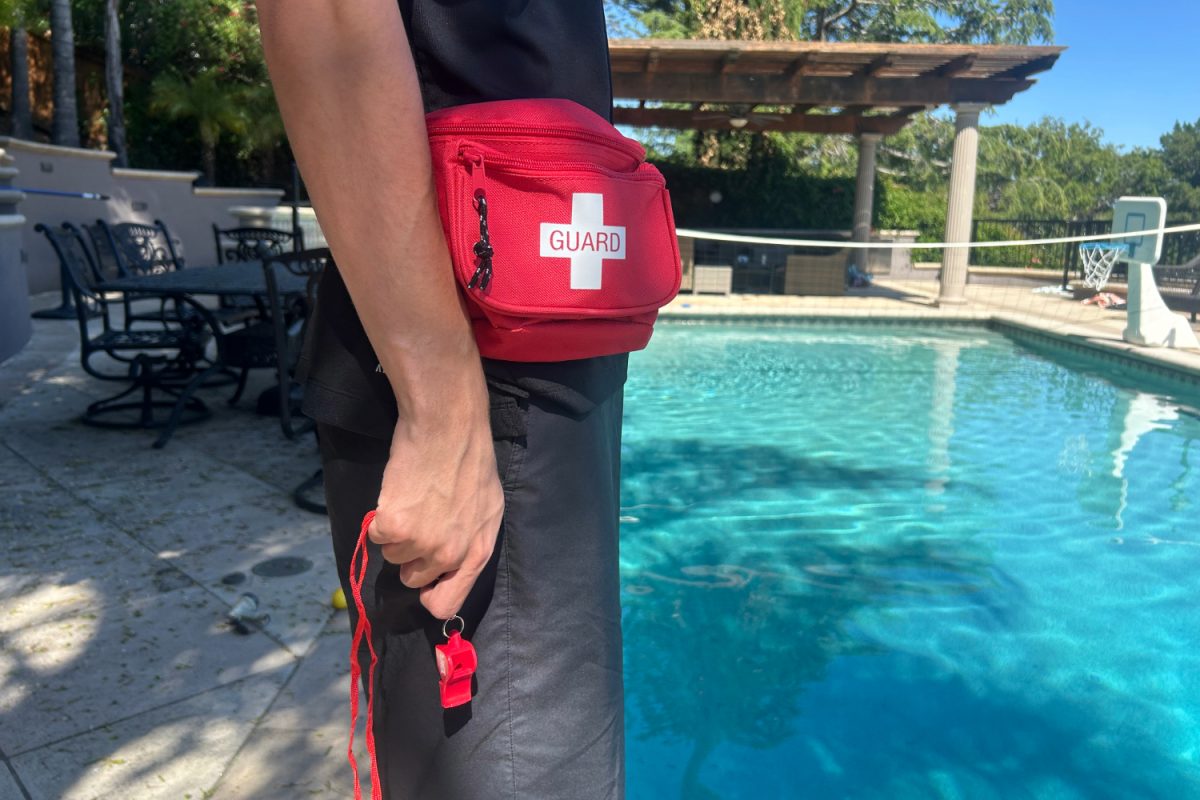When living in the digital age, screen time is a necessity. If you want to call someone, look something up, or check your schedule, it’s all on your phone. We have grown to be so reliant on our devices, it’s hard for us to restrict ourselves and others.
According to BBC, people spend an average of 4.8 hours daily on their phones. Almost every parent has a different way of dealing with this.
“We generally limit TV screen time to an hour and a half a day, and my son who is four and a half has a tablet that we use as a reward for up to 15 minutes,” said Tyler Kochel, a biology, biotech, and AP research teacher.
Action for Healthy Kids recommends that schools should make sure students and families know screen time recommendations and why too much screen time harms their health and performance at school.
But what most parents will quickly find is that restricting the internet is more complex than it looks. With millions of dollars being poured into tech companies, technology has quickly become a part of daily life for most households and is used for more than just personal entertainment.
Sophomore Trent Basso claimed that 30% of his daily screen time is used for entertainment, the rest for school, work, and general things such as checking the weather. Due to how prevalent technology is in our daily lives, it is tough to enforce “screen time.”
“I use my phone for more than just social media, most of the time I’m doing stuff related to school, or I’m checking my practice times, and game days,” Basso said.
In a poll of freshmen, sophomores, and juniors, seven out of ten said they felt they could safely navigate the internet. The seven were confident with their internet safety knowledge, claiming it is because of their many years of experience. The three who felt they could not safely navigate the internet said it was because they were still unsure about sketchy websites and felt vulnerable to scams.
Another primary concern for many is cyberbullying. Most adults find kids vulnerable to being cyberbullied. This has been a significant concern for the past few years, and most teenagers have found ways to avoid this.
Most apps have options to block certain people and to have a private account, which has helped many. According to stopbullying.gov, cyberbullying is present primarily through text, social media, online forums, email, and online gaming communities. This explains many parents’ concerns with their children being on the internet and having social media.
“I feel like I can safely navigate the internet, although I must be aware of many scary things. I think that it is convenient and useful,” said sophomore Elliot Roach.

